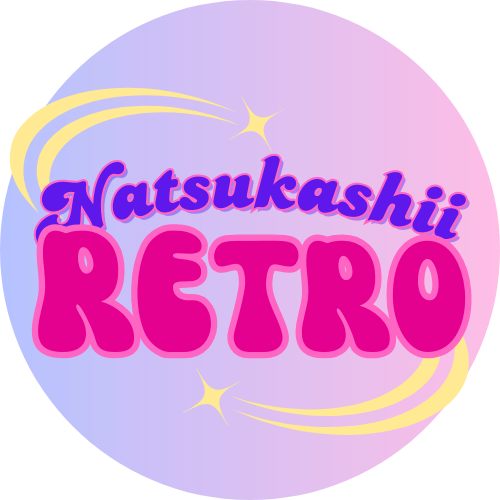In the vast realm of pop culture fandoms, our love for stories, characters, and worlds often transcends the boundaries of mere entertainment. We invest emotions, time, money, and sometimes even a part of our identity into the narratives and communities built around our favorite franchises. But what happens when the creator behind these beloved works get exposed, or expose themselves (look at u JK), as being monsters?
In recent years, discussions around the ethics of enjoying content created by problematic individuals have gained significant traction. Whether it's a filmmaker, author, actor, or any other creative force, revelations about their personal misconduct or harmful behavior can be deeply unsettling and taint the love we’ve had for their art. Two prominent examples that have sparked intense debate are Nickelodeon and the Harry Potter franchise.
Nickelodeon, one of the most iconic children's television networks, responsible for bringing us classics like Spongebob, Rugrats, CatDog, Kenan and Kel and countless more, faced scrutiny when dark allegations of behind-the-scenes culture surfaced. While the network itself is a conglomerate of various creators and productions, the actions of Dan Schneider and other individuals within Nickelodeon have raised questions about the extent to which fans should continue to support the network's content.
To an even larger extent, the Harry Potter series, authored by J.K. Rowling, has faced criticism due to Rowling's TERF-y toxic remarks about transgender individuals. For many fans who found solace, inspiration, and community within the magical world of Hogwarts, reconciling their love for the series with Rowling's views has been a profound ethical dilemma.
So, is there a way to navigate being a fan of the IP ethically? Is it possible to separate the art from the artist, or should we hold creators accountable for their actions, even if it means relinquishing our attachment to the worlds they've created?
Separating the two allows individuals to continue enjoying the content while actively condemning the creator's behavior. However, this approach isn't without its challenges. It raises questions about where to draw the line between supporting the art and inadvertently supporting the problematic creator. As massive nostalgia lovers here, we believe one benefit of shopping second hand enables fans of these IP’s to indulge in their love for the world, characters and stories without putting any money in the pocket of the problematic creators.
Another viewpoint emphasizes the importance of holding creators accountable for their actions and the ethical responsibility of consumers to disengage from supporting their art and creations. This stance prioritizes solidarity with affected communities over personal attachment to the content, recognizing that our consumption choices have broader implications. Should their creations fade away into the abyss of time because of their actions, or should we continue to engage with what they’ve made?
Ultimately, the decision of whether to continue engaging with fandoms associated with problematic creators is deeply personal and subjective. It requires introspection, empathy, and an awareness of the power dynamics at play within the entertainment industry.
Moreover, it's essential to recognize that fandoms are not monolithic entities. Within each community, there exists a spectrum of perspectives, experiences, and responses to these ethical dilemmas. Engaging in open dialogue, actively listening to diverse voices, and respecting differing opinions are crucial steps toward fostering a more inclusive and accountable fandom culture.
As fans, we have the agency to shape the narratives and values within our communities. By critically examining our relationship with problematic creators and advocating for accountability and justice, we can strive to create fandom spaces that uphold ethical principles while still celebrating the stories and characters that unite us.














